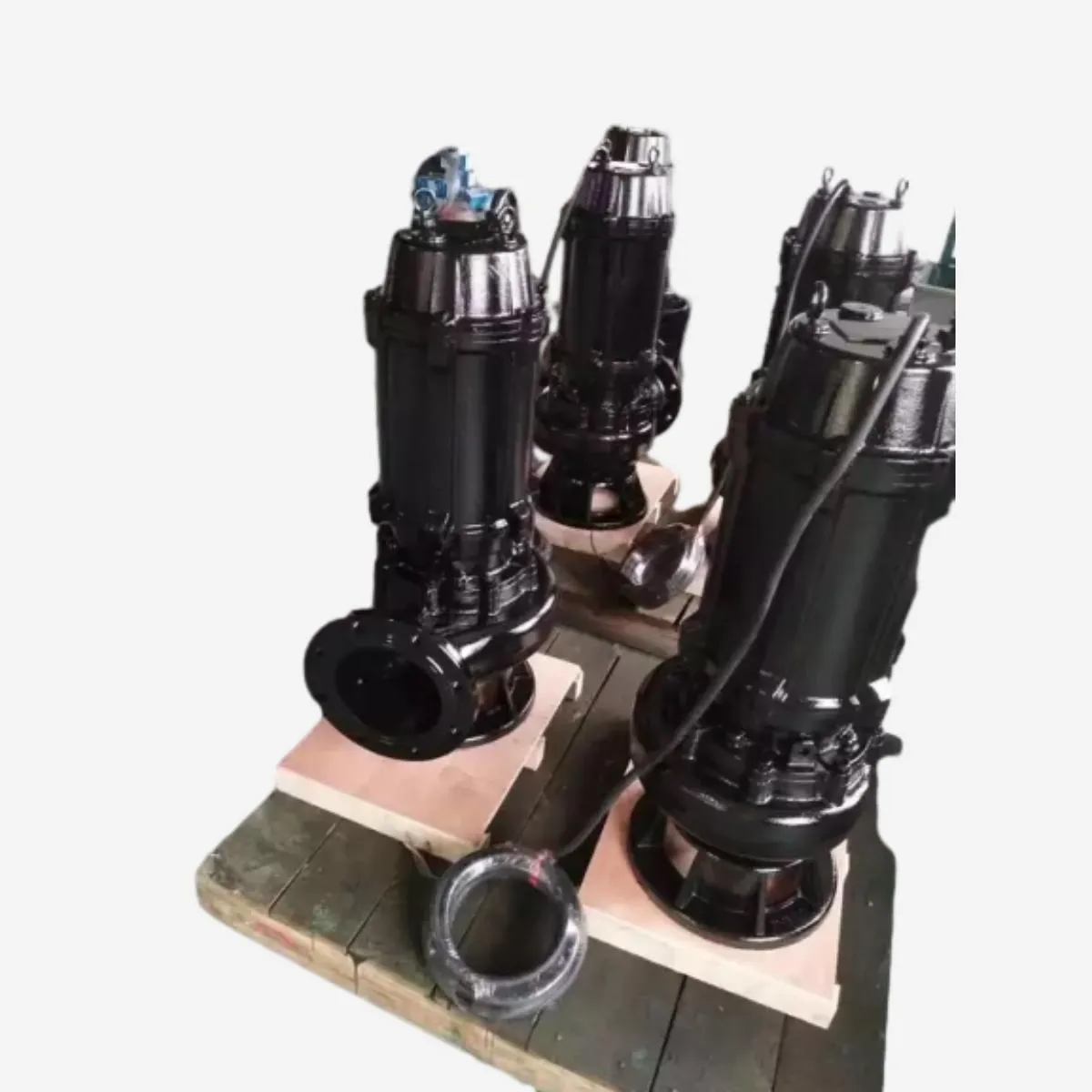English
- Afrikaans
- Albanian
- Amharic
- Arabic
- Armenian
- Azerbaijani
- Basque
- Belarusian
- Bengali
- Bosnian
- Bulgarian
- Catalan
- Cebuano
- Corsican
- Croatian
- Czech
- Danish
- Dutch
- English
- Esperanto
- Estonian
- Finnish
- French
- Frisian
- Galician
- Georgian
- German
- Greek
- Gujarati
- Haitian Creole
- hausa
- hawaiian
- Hebrew
- Hindi
- Miao
- Hungarian
- Icelandic
- igbo
- Indonesian
- irish
- Italian
- Japanese
- Javanese
- Kannada
- kazakh
- Khmer
- Rwandese
- Korean
- Kurdish
- Kyrgyz
- Lao
- Latin
- Latvian
- Lithuanian
- Luxembourgish
- Macedonian
- Malgashi
- Malay
- Malayalam
- Maltese
- Maori
- Marathi
- Mongolian
- Myanmar
- Nepali
- Norwegian
- Norwegian
- Occitan
- Pashto
- Persian
- Polish
- Portuguese
- Punjabi
- Romanian
- Russian
- Samoan
- Scottish Gaelic
- Serbian
- Sesotho
- Shona
- Sindhi
- Sinhala
- Slovak
- Slovenian
- Somali
- Spanish
- Sundanese
- Swahili
- Swedish
- Tagalog
- Tajik
- Tamil
- Tatar
- Telugu
- Thai
- Turkish
- Turkmen
- Ukrainian
- Urdu
- Uighur
- Uzbek
- Vietnamese
- Welsh
- Bantu
- Yiddish
- Yoruba
- Zulu
Telephone: +86 13120555503
Email: frank@cypump.com
Sep . 23, 2024 03:15 Back to list
screw pump centrifugal chemical pump price
Understanding the Price Dynamics of Screw Pumps and Centrifugal Chemical Pumps
When it comes to selecting the right pump for industrial applications, particularly in the chemical processing sector, understanding the price dynamics of screw pumps and centrifugal chemical pumps is essential. Both types of pumps serve crucial roles in various processes, but they come with distinct operational characteristics, advantages, and price points.
Screw Pumps An Overview
Screw pumps, often used for handling viscous and shear-sensitive fluids, operate using helical screws that move fluids through the pump. The design of screw pumps allows for a smooth, continuous flow, making them ideal for applications that require precise dosing, such as in the food and beverage or chemical industries. However, the more complex design and materials needed to handle aggressive chemicals contribute to their higher price range. Generally, the cost of screw pumps can vary widely, typically ranging from $3,000 to over $10,000, depending on the size, material, and specific pumping requirements.
Centrifugal Pumps A Comparison
In contrast, centrifugal chemical pumps utilize a rotating impeller to move liquids through the pump. They are prevalent in industries where the fluids processed are less viscous and can be moved efficiently at high flow rates. Centrifugal pumps are typically more economical than screw pumps, primarily due to their simpler design and widespread availability. Prices for centrifugal chemical pumps usually range from $1,000 to $7,000, varying based on the pump’s specifications and capacities.
Factors Influencing Prices
screw pump centrifugal chemical pump price

Several factors influence the prices of both screw pumps and centrifugal pumps
. These include1. Materials of Construction Pumps made from specialized materials, such as stainless steel or high-quality polymers, will cost more due to the enhanced durability and resistance to corrosion.
2. Pump Size and Capacity Larger pumps with higher capacities will generally incur higher costs. The specific requirements of a given application, such as pressure and flow rates, will also impact pricing.
3. Brand Reputation Established manufacturers may charge a premium for their products due to perceived reliability and performance.
4. Customization Needs Custom-designed pumps for unique applications can substantially increase costs.
Conclusion
In conclusion, understanding the price dynamics between screw pumps and centrifugal chemical pumps is pivotal for industries looking to optimize their operations. While screw pumps might offer advantages in particular applications involving viscous fluids, centrifugal pumps provide a cost-effective solution for many chemical processing needs. Ultimately, the choice between the two should consider both functionality and budget constraints to ensure optimal performance and value for the investment.
-
ISG Series Vertical Pipeline Pump - Chi Yuan Pumps Co., LTD.|Advanced Hydraulic Design&Energy-Efficient Solutions
NewsJul.30,2025
-
ISG Series Vertical Pipeline Pump - Chi Yuan Pumps Co., LTD.
NewsJul.30,2025
-
ISG Series Vertical Pipeline Pump - Chi Yuan Pumps Co., LTD.|energy-efficient fluid handling&industrial durability
NewsJul.30,2025
-
ISG Series Vertical Pipeline Pump - Chi Yuan Pumps | Advanced Engineering&Industrial Efficiency
NewsJul.30,2025
-
ISG Series Pipeline Pump - Chi Yuan Pumps | High Efficiency, Energy Saving
NewsJul.30,2025
-
ISG Series Vertical Pipeline Pump-Chi Yuan Pumps|High Efficiency&Reliable Performance
NewsJul.29,2025










